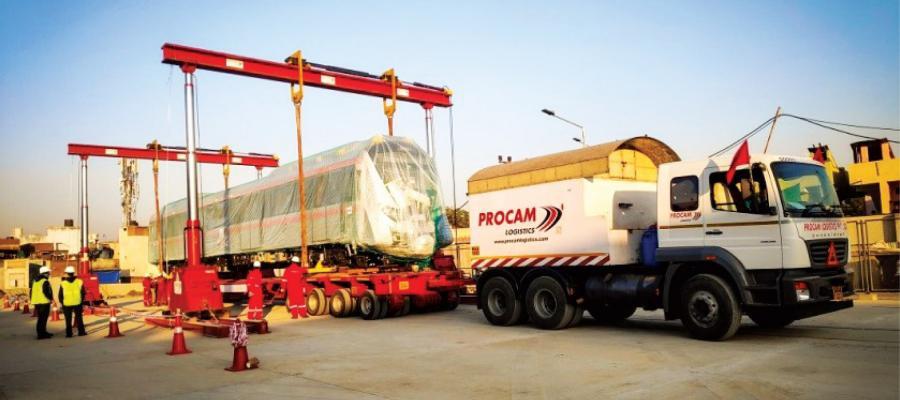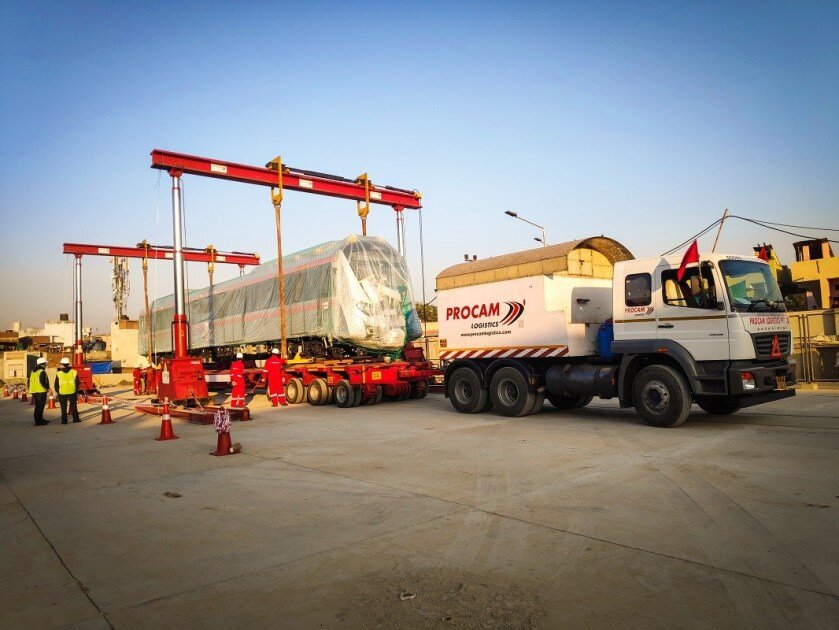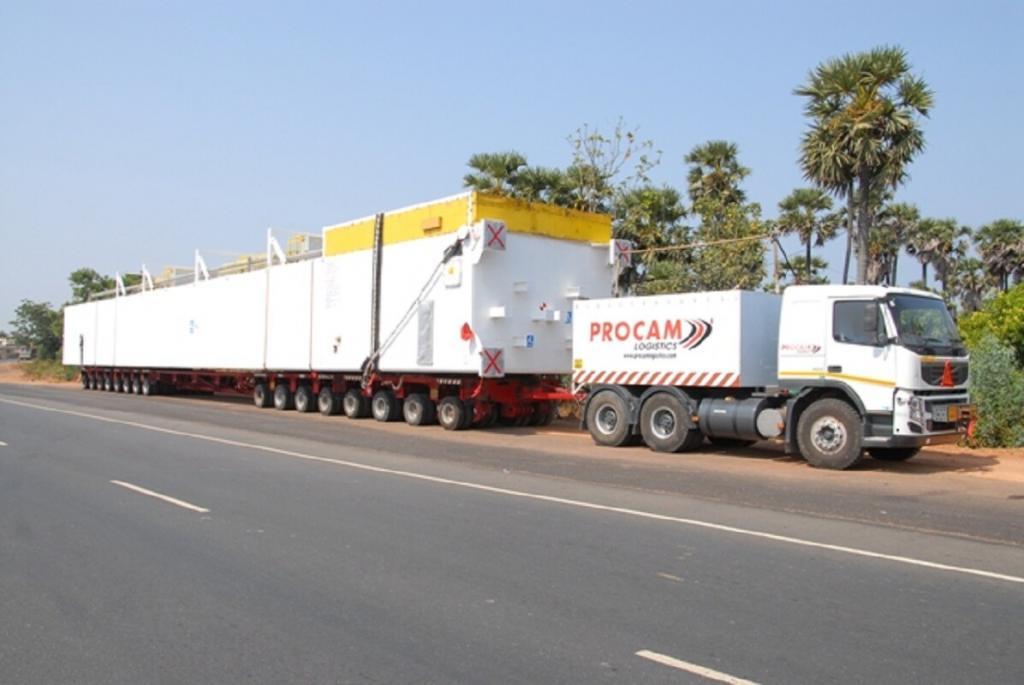Interview with
Mr. Nilesh Kumar Sinha
Director

Will you please tell us about Procam Logistics?
Procam Logistics started in the year 2010 with a clear vision and a mission to be an innovative and process-oriented organization, backed by a management team of industry professionals with a wide area of expertise.
As the name Procam is derived from project cargo management, we have been focused on building a sustainable organization by investing in equipment, technology and people. Therefore, while Procam Logistics has an asset-based business model, our other group company, Procam Worldwide, has a network-based business model.
We also have a joint venture with the Lord Swraj Paul-owned Caparo Engineering and the resulting Caparo Procam Infrastructure Limited takes care of the warehousing business for an automotive company in India.
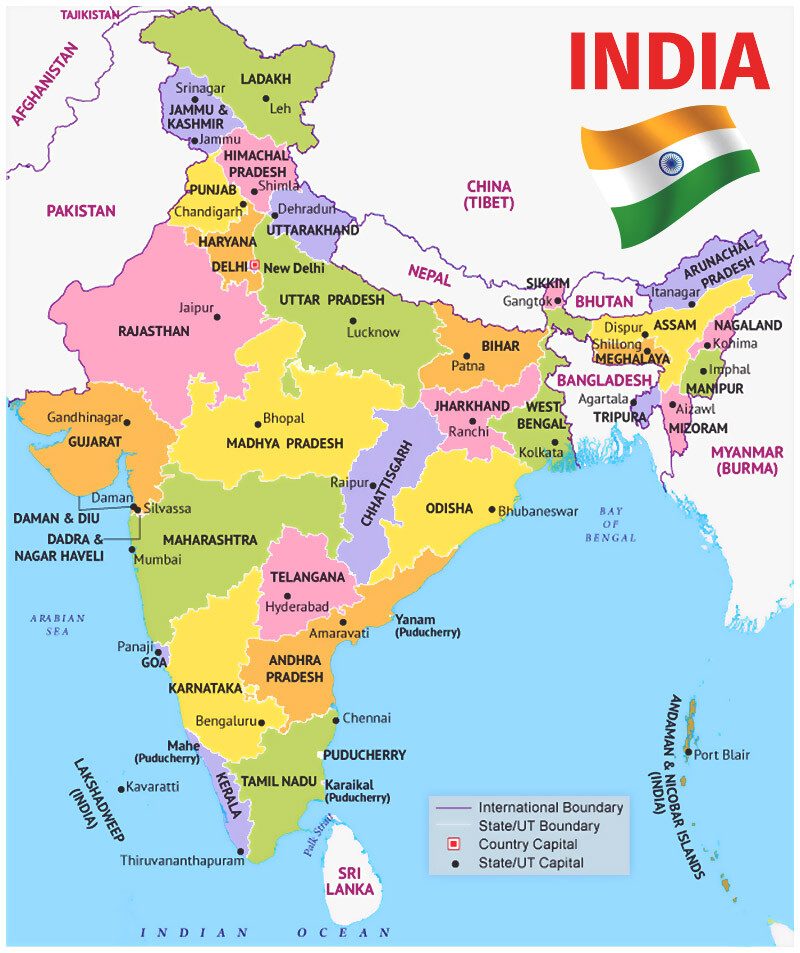
We provide logistics services across six core industry verticals (power, rail, oil & gas, steel & cement, automotive and heavy engineering) and we help optimize our clients’ supply chain requirements. Our clientele includes enterprises setting up new projects, including the relocation of plants, and companies looking at improving their supply chain efficiencies and visibility across domestic and international operations.
Equipment Ownership
On the equipment front, we own 120 modular hydraulic axles, thirty heavy prime movers/puller, six 54m modular Goldhofer hydraulic trailers for blade transportation, two 400t lift system gantries and many specialized tools for electrical and mechanical installation.
Technological Edge
We’ve invested heavily in technology since our inception have and developed our ERP system, Proconnect, for project management. Our in-house I.T. development centre undertakes various customized projects and developed our warehouse management system, PWS, which is indirect tax documentation processing software for an advance license, customs duty exemption, project import registration and reconciliation. All our vehicles are fitted with our in-house developed vehicle tracking system. Our e-sourcing platform, HRMS, helps the Procam group in procurement and human resource/payroll management, but many third-party users also benefit from its user-friendly features.
People
Procam is a highly people-driven organization and our team uses our online knowledge management platform to learn, upgrade and share their skills in a structured manner. Our GAP test is a very useful tool to assess understanding of the business and the test score helps us to design a customised training program. This has helped us, not only in developing skilled HR for ourselves, but in contributing to the development of skilled staff for the industry overall. Our senior management team impart their knowledge in various industry forums, at trade conferences etc. and we also make regular visits to management schools to impart industry knowledge to budding management professionals.
The senior management team, under the leadership of our managing director Mr. T.G. Ramalingam, creates creating industry benchmarks and handles heavy and odd-dimension cargo with the utmost safety and innovative solutions.
in July 2019, we stepped into our tenth year of delivering innovative solutions in the logistics business and our commitment to our clients’ needs means we’re fully geared up to take on more challenges and make a meaningful contribution to project cargo industry.
India is a huge market but also holds a lot of competing players in the logistics market. How do you manage to stand out?
Right from day one, we were very clear that in such a market as you’ve aptly described, we cannot just be another player. We must stand out and, in an industry like ours, that can only come through thinking innovatively and out of the box. Particularly in India, the industry has largely been very unorganized. We saw an opportunity here!
We’ve focused on being the difference-maker in all the facets of logistics services in a client’s supply chain. We decided to position ourselves as a solution provider in the strictest and most literal sense, in a market driven by unorganized players whom focus only on cost. To that end, we took an inside-out approach and ensured that every staff member breathes and speaks solutions! The second critical point we focused on was to be safety-oriented. We made adequate investments in this direction and that approach paid off. Today, Procam is known as one of the top companies with the highest level of HSE orientation, and obviously, the company is known via its people. That is how the USP of the company came to be highly regarded in the industry.
Our service commenced with project cargo management but has expanded through verticals like warehousing, IT services, tax consultancy, custom house agency, project solutions management, chartering, etc. for various industry verticals like rail, auto, power, wind energy, oil & gas and steel.
A combination of all these efforts, underpinned by continual recognition from various industry bodies and various awards, in virtually every domain, have helped us stand out in the shortest possible time.
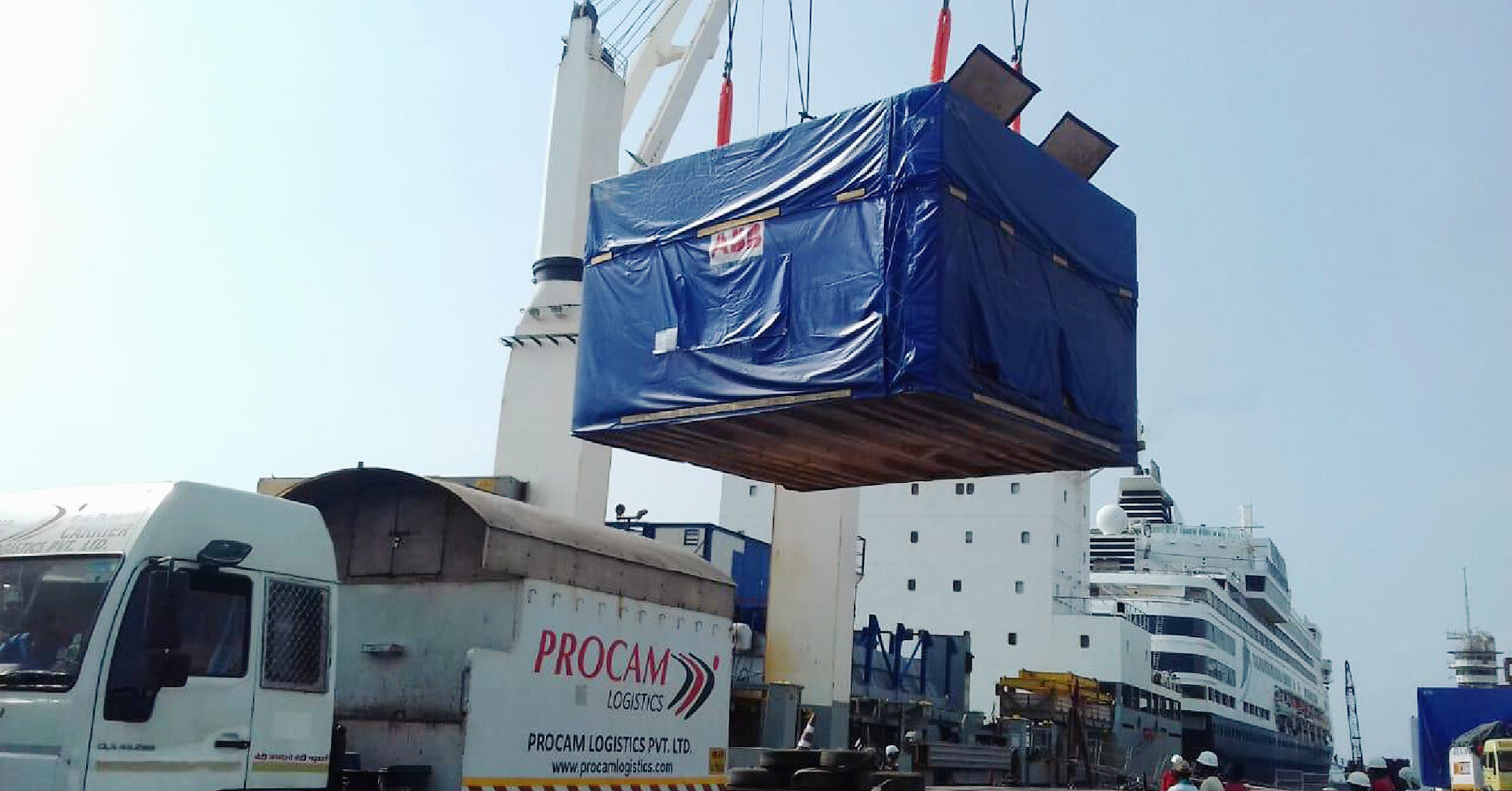
How about customs clearance in India? It used to be a very cumbersome process. Tell us about the latest developments if you can.
The Indian customs process is going through radical change. Indian customs have introduced SWIFT (Single-Window Interface for Facilitating Trade) for ensuring ease of business. Under Indian customs’ single-window project, importers can electronically lodge their customs clearance documents at a single point. The required permissions, if any, from other regulatory agencies (such as animal quarantine, plant quarantine, drug controllers, textile committees etc.) are obtained online without the importer/exporter having to approach these agencies separately. The benefits include:
Reduced cost of doing business
Enhanced transparency
Integration of regulatory requirements at one common platform reduces duplicity and cost of compliance.
Optimal utilization of manpower
Apart from the above, with the aim of saving wait times, the government has made amendments to the Indian Customs Act of 1962. In section 46:3 of the customs act 1962 it is now mandatory to file a bill of entry before the end of the next day (excluding holidays), on which the vessel or aircraft or vehicle carrying the goods will arrive at a customs-clearing station. A late charge for delayed filing of a bill of entry has also been prescribed.
Changes have also been introduced in sub-section (2) of section 47, under which the importers now must make payment of duty on the same day. In cases of a self-assessed bill of entry and re-assessment or provisional assessment, the importers have one day after the bill of entry is returned.
Further, sub-section (2) of section 27 has been amended to allow a simplified regime of refund of customs duty paid in excess in specified cases by providing that such refunds shall be outside the scope of unjust enrichment.
Apart from the above, there are many changes like the introduction of the revised authorised economic programme (AEO), the reduction in mandatory documents for imports and exports, abolition of mate receipt, twenty-four/seven customs clearance and email notification service to importers for all important stages related to import clearances have all been initiated to reduce the transaction cost.
Going forward, the ease of the customs clearance process is helping to reduce overall transaction cost and ease of doing business in India.
Can you provide us with some examples of your history in project cargo?
We handle the project and oversized cargo and installation and rigging of heavy equipment in India. Our senior management team has been handling projects and ODC for the last fifty years in India, having handled project cargo and ODC in the early seventies and eighties when India was trying to establish a manufacturing base. Post-1991 (post-liberalisation), the infrastructural investment growth took place and our senior management team, at various levels, handled many large-scale projects globally in power, refinery, fertilizer, steel and cement projects.
At Procam, we transported more than 1850+ metro rail cars, 60+ tunnel boring machines (max 6.5 diameter, 140 t), 230 + transformers (70 t to 280t), 400 + wind blades (48 meter to 68-meter length), 55 e-houses, 12 locomotives and more than 500+ odd-dimension and heavy pieces of equipment for other industries.
Globally, we’ve handled projects in Afghanistan, Vietnam, Indonesia, Germany and France.
Our installation vertical undertook the dismantling of plant globally and assemble them in India.
Our in-house engineering team undertake the mechanical and electrical installation. We also undertake piping work. We installed India’s first 12500t press machine and have installed more than 120 various types of heavy equipment across various industries.

Inland transport and infrastructure in India have historically been underdeveloped. How about nowadays?
The government of India is actively working on upgrading the national and state highways. Presently, we have one of the largest road networks in the world, approx. 5.5 million km. Over 60% of the cargo is transported via road. Hinterland connectivity has also been improved and the government has constructed around 50,000 km of roads in the hinterlands. An average of 27km of highways was constructed in the FY 18-19.
This speaks a lot about the seriousness with which the government has taken up this task. Further assisting this are tax reforms like GST, which have paved the way for a smooth transit across various state borders and we’ve witnessed a sizeable reduction in transit times. Of course, this has also helped both clients as well as us to optimize costs.
The government has introduced several important measures to develop infrastructure in the country, with the allocation of Rs. 5.35 lakh crore to develop 35,000km under phase one of the Bharatmala road project, the electrification of railway tracks, a focus on high-speed trains, the Sagarmala programme and by actively working on e-mobility solutions for clean and cost-effective mobility.
Earlier logistics domains were handled by seven ministries, i.e. the ministries of railways, road transport and highways, shipping, civil aviation, commerce and industry, finance and home affairs. The initiative to set-up a national logistics portal as a single-online-window to link all stakeholders will also give a big digital push and streamline the functioning of the logistics sector.
The road sector has attracted private investments with new measures like the Hybrid Annuity Model (HAM), the Toll-Operate-Transfer (TOT) model, improved land acquisition process, the launch of masala bonds and Infrastructure Investment Trusts (InvITs) besides other initiatives. the Indian railways have gained traction with a handsome budget allocation of 1.48 lakh crores furthering investment potential in areas such as elevated rail corridor in Mumbai, some parts of dedicated freight corridor, freight terminals, redevelopment of stations and power generation/energy-saving projects.
The introduction of Sagarmala program, a major port authorities bill, 2016 and the ‘landlord port’ model have all been instrumental in giving a boost to the ports and shipping sector. The initiative of DPD direct port to door by JNPT has further eased the congestion at the port, paving way for better efficiency and throughput. Several logistics parks have been initiated across vital centres.
On the project cargo front, the government has classified all heavy load into thirteen categories (HT 1 to HT 13) and introduced online permission for the transportation of heavy cargo, which helps to reduce the transit delay and increased equipment utilization.
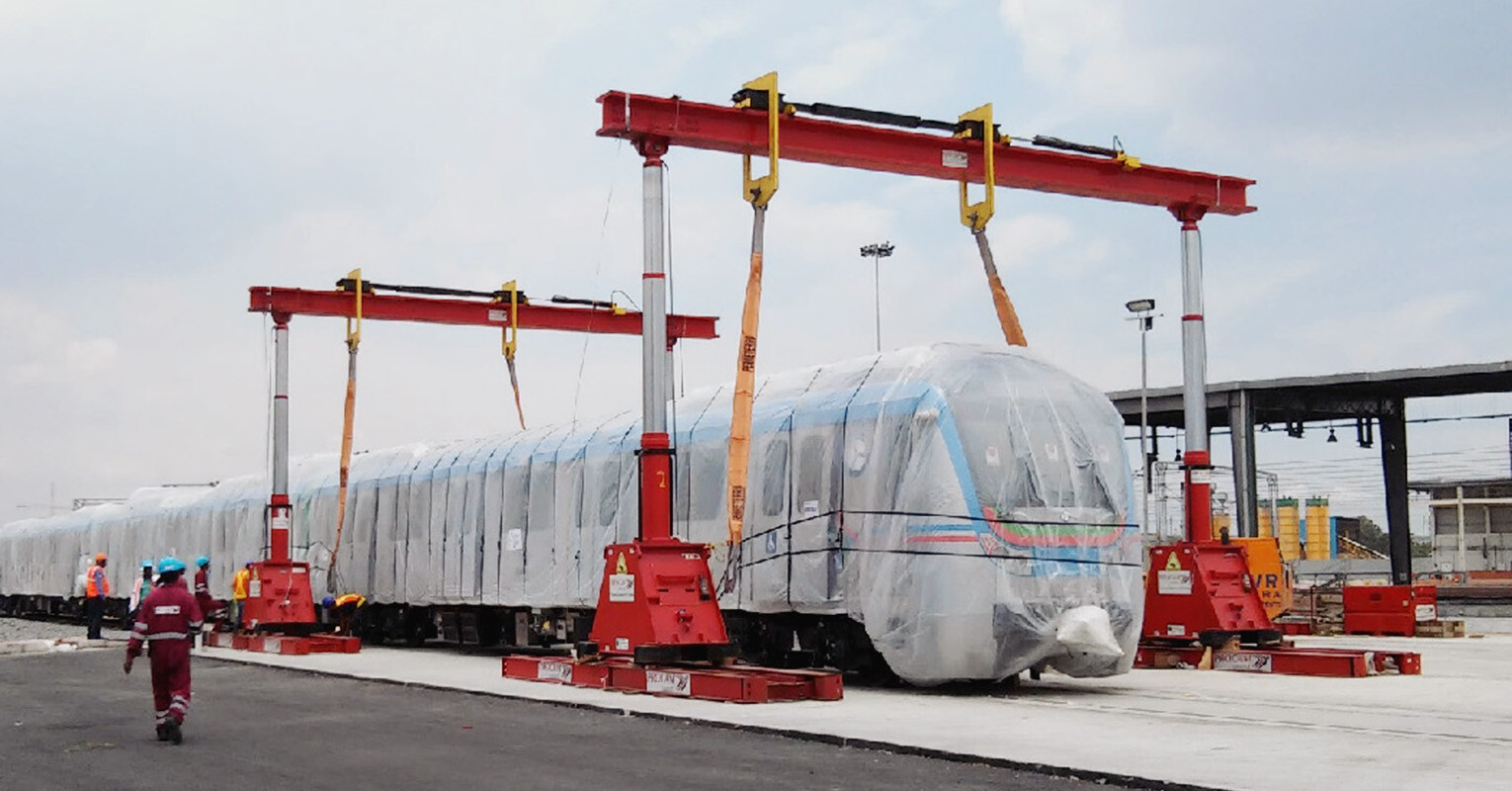
Tell us about yourself and your career. How come you started to work in logistics?
I did a master’s in business management, PQE from ICS London (MICS), a bachelor’s in science (statistics, physics & mathematics), and became a certified oracle and D2K professional and a certified ISO 9000 auditor. I started my career with a leading project transport company in 1998 and since then, I’ve worked with many senior and experienced project and ODC experts, though I’m still learning from many senior people at Procam. I also previously worked at a Korean leading metro car manufacturer and handled logistics of the first metro rail imported into India for the Delhi Metro Rail Corporation.
I handled the profit centre profile for ten years, before starting my entrepreneurship journey in 2010. In the last twenty years, I’ve handled many large and complex projects in fertilizer, refinery, railways, power (nuclear, thermal and hydro) and many plant relocation and complex installation projects. During my management studies, I did my summer internship with Tata Steel and got exposed to logistics and later, after completion of my studies, I entered the project cargo business in 1998.
But a passion for learning and sharing still takes me back to college and I do guest lectures at a leading management and engineering college on international marketing, supply chain and project cargo management.
As part of our corporate social responsibility at the Procam Foundation (http://procamfoundation.org/), I also drive an awareness campaign for stem cell donation for blood disorder and cancer patients. We also work for child education, female empowerment in the rural sector and organ donation.
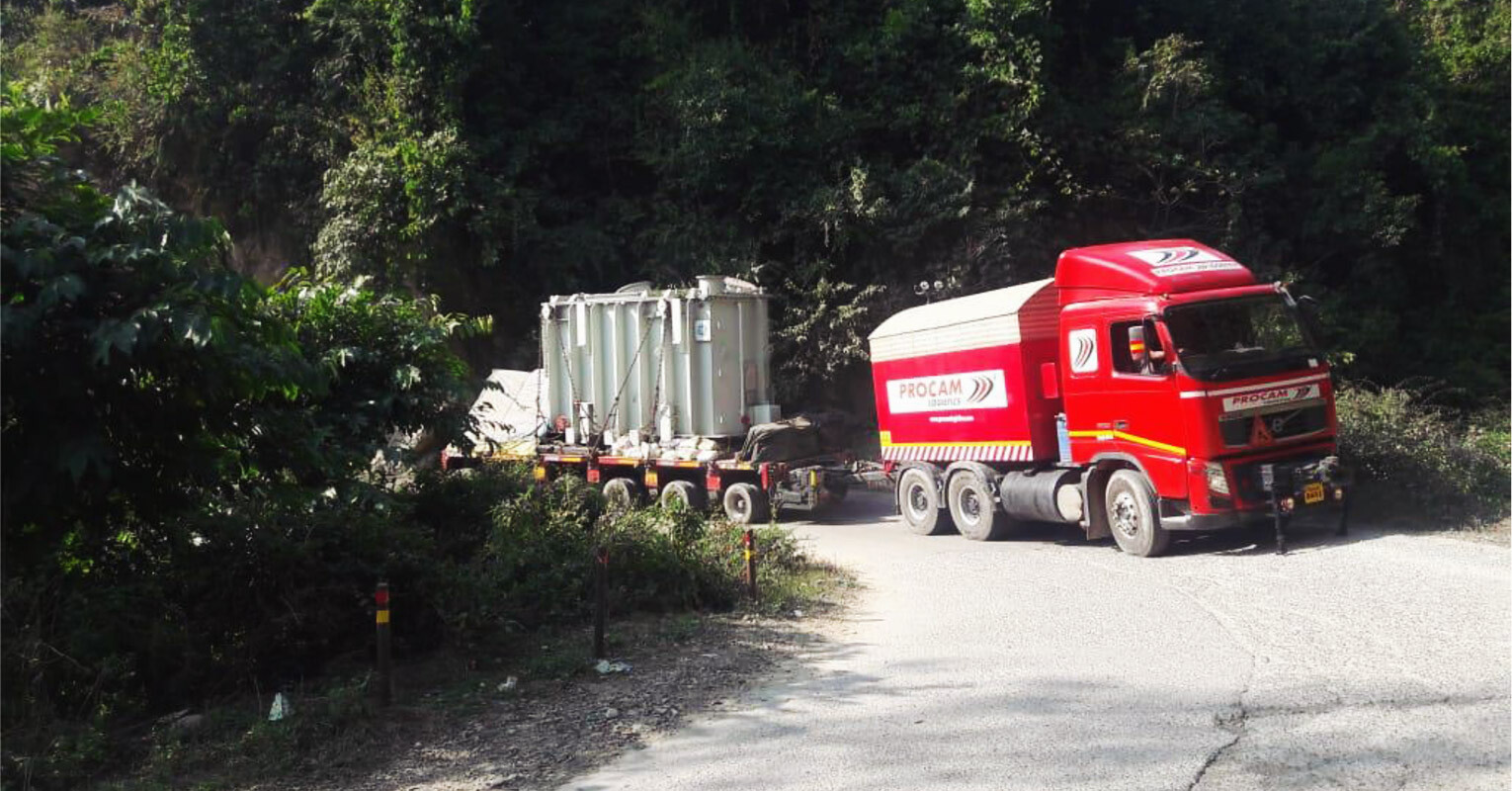
How is best to get in touch with you?
Email: nilesh.sinha@procamlogistics.com
Mobile/WhatsApp/WeChat: +91 98 181 01162
In case you love art, theatre, music, painting and fish, you are welcome to visit my office at Kolkata, India.
Procam Group
DLF Galleria, 1001 10th floor Newtown Rajarhat, Kolkata – 700156
http://www.procamgroup.in/


